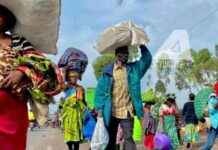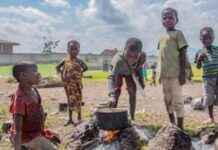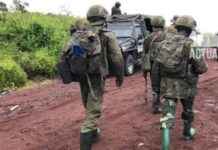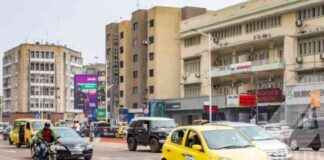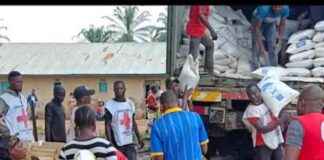Amnesty International Reports Over 150 Explosive Weapon Strikes in Populated Areas in 6 Months: RDC
Between January and July 2024, more than 150 attacks involving explosive weapons with a wide impact radius have been recorded in densely populated areas in the eastern Democratic Republic of Congo, resulting in the deaths of over 100 civilians and hundreds of injuries, as reported by Amnesty International in a release this Wednesday.
**Escalating Violence Threatens Civilians**
These strikes, attributed to both the armed group M23, backed by Rwanda, and the Congolese Armed Forces (FARDC), violate international humanitarian law and could amount to war crimes, according to the organization.
“This escalation in the use of explosive weapons poses a serious threat to civilians in a conflict characterized by three decades of systematic human rights violations,” said Agnès Callamard, Secretary-General of Amnesty International.
**Research Findings and Impact**
Amnesty International’s research, based on 60 testimonies, photo and video analyses, revealed the use of 122 mm Grad rockets and other imprecise weaponry. These weapons, fired by the FARDC and M23, have struck residential neighborhoods, displaced persons camps, and urban areas, resulting in massive civilian casualties.
In an attack on January 25, 2024, in Mweso, North Kivu, a strike attributed to the FARDC destroyed a house, killing 19 civilians, including 15 children, and injuring 25 others. Amnesty International found no evidence of nearby military targets.
Similarly, on March 4, 2024, a munition hit a column of civilians fleeing Nyanzale, killing 17 people, including children. Amnesty attributed this attack to the M23.
**Ongoing Conflict and Humanitarian Crisis**
Since January 2024, the M23, with support from the Rwandan Defense Forces (RDF), has intensified its offensives against the FARDC. The two sides have clashed repeatedly using explosive weapons in inhabited areas. Despite a ceasefire in late July, fighting resumed in October, further worsening the suffering of civilian populations.
Amnesty International emphasizes that international humanitarian law prohibits disproportionate or indiscriminate attacks. The use of explosive weapons in populated areas, as observed in the DRC, constitutes a blatant violation of these principles.
**Appeal for Justice and Support**
“These indiscriminate bombings leave behind shattered families, traumatized children, and communities in ruins,” lamented Agnès Callamard.
Amnesty International urges the International Criminal Court (ICC) to investigate these attacks as war crimes and calls on Congolese authorities to ensure medical and psychological assistance for the victims.
The organization also calls on the international community to publicly condemn the use of explosive weapons in civilian areas and to support investigations to hold those responsible for these violations accountable.
**Survivors’ Stories**
Survivors, grappling with devastating losses, express their despair. John, a father of seven, lost his daughter in an attack on a displaced persons camp in Goma: “We fled our villages to escape violence, but here, we are hunted down and killed.”
In response to this dire situation, Amnesty International implores the warring parties, as well as their regional and international allies, to respect international law and protect civilian populations.

